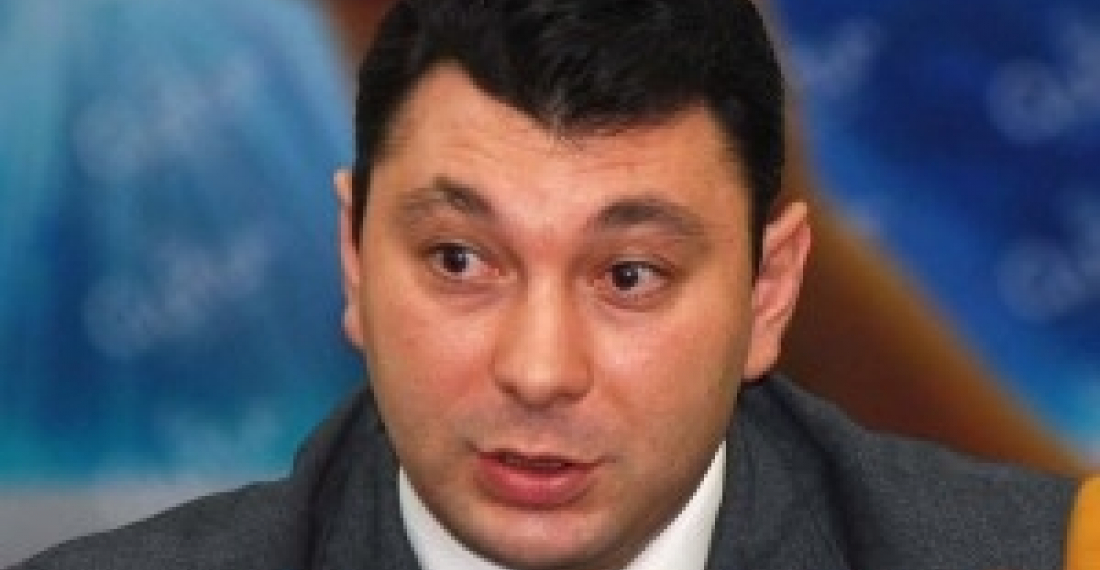Факт Геноцида армян никогда не может стать предметом обсуждения. Нормализации армяно-турецких отношений препятствует исключительно политика Анкары по отрицанию Геноцида. Об этом заявил вице-спикер армянского парламента Эдуард Шармазанов, комментируя критические высказывания официальных турецких лиц по поводу заявлений Барака Обамы, Николя Саркози и Франсуа Олланда.
Выступая с ежегодным обращением к армянскому народу в связи с годовщиной Геноцида армян, президент США Барак Обама заявил, что "Мец Егерн" (Великая Резня - ред), является одном из самых страшных злодеяний 20-го века. Данное обращение Обамы Анкара подвергла резкой критике, заявив, в частности, что оно "не отражает исторических событий".
В этой связи вице-спикер НС РА отметил, что Армения приветствует международное признание Геноцида армян, осуждение всех преступлений против человечества и криминализацию их отрицания. "Более того, вопрос Геноцида никогда не может стать предметом обсуждения на переговорах по нормализации отношений. Этой нормализации препятствует только Турция, которая держит в блокаде Армению, выдвигает предусловия. Существующие проблемы в наших отношениях будут решены только в том случае, если Анкара изменит свою деструктивную позицию и начнет выполнять все взятые на себя международные обязательства", - отметил Шармазанов.







